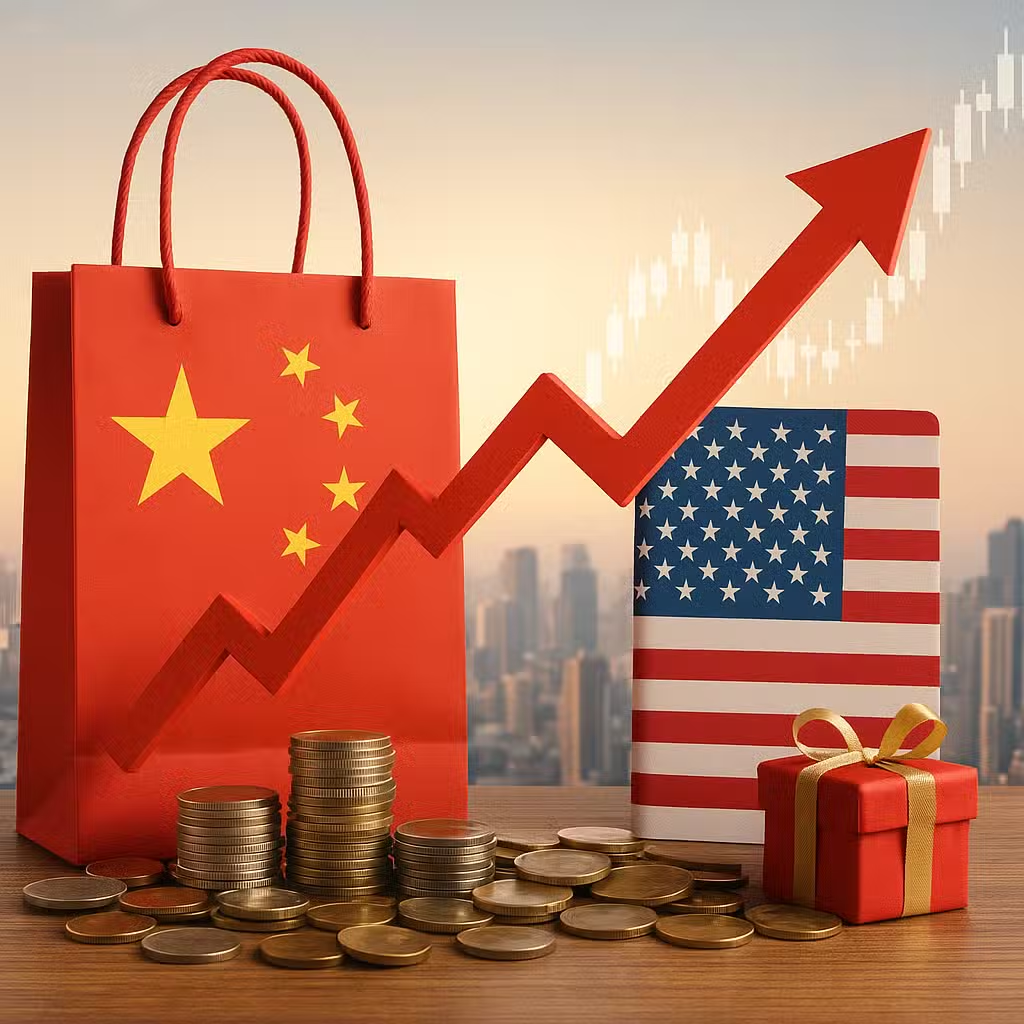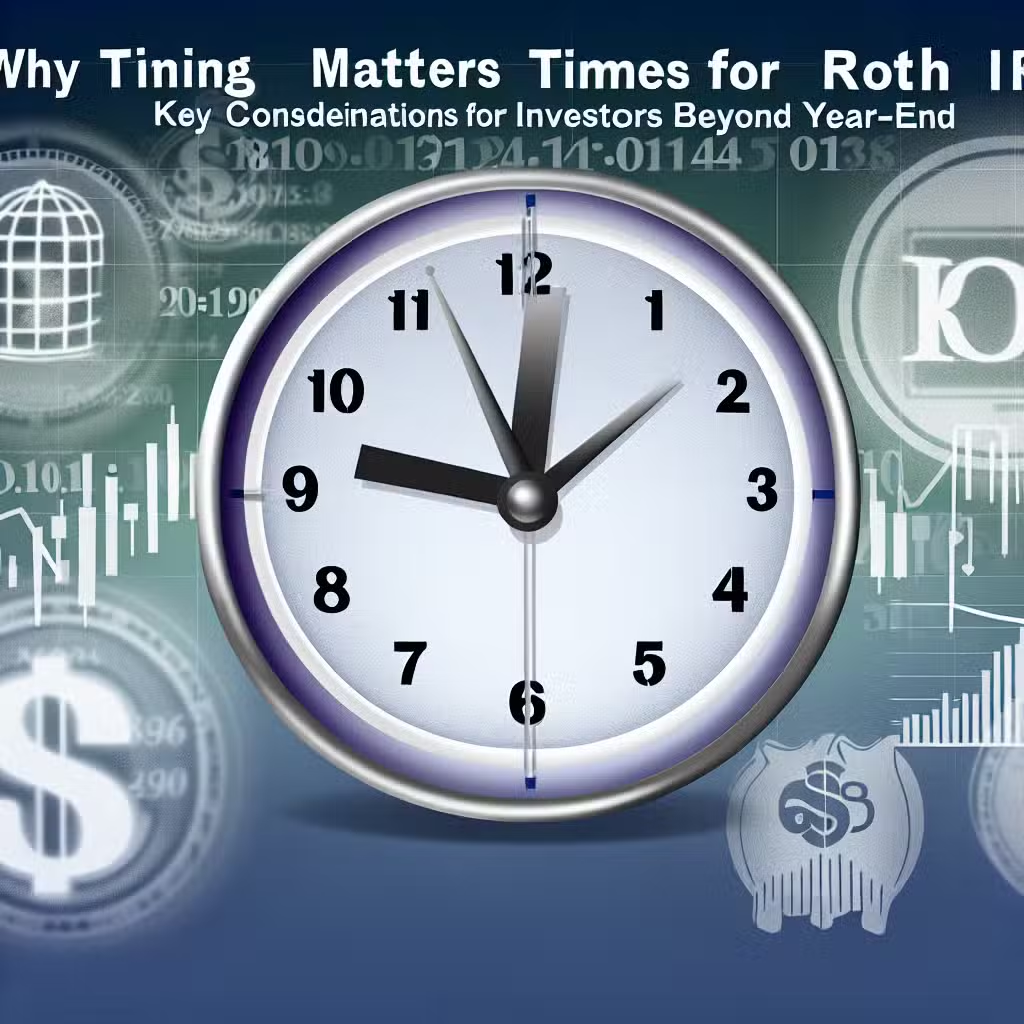China’s Holiday Spending Faces US Tariff Hurdles, Shaping Outlook for Global Investors
Imagine you’re watching two kids at school trading lunches. If one stops trading and finds new friends, both might go hungry or find new snacks. This is a bit like what’s happening between the US and China right now—and it matters for anyone investing in the stock market.
What’s Happening Between the US and China?
The US and China have been arguing about trade. The US put extra taxes, called tariffs, on things China sells to America. In response, China stopped buying some important American products like beef and soybeans. Instead, China is buying these from countries like Australia and Argentina.
China is also making its own computer chips instead of buying from US companies. This could hurt American businesses that used to sell to China.
Why This Matters for Investors
When two of the world’s biggest economies argue, it can affect the stock market, food prices, and even the companies you might own in your investment account. If China buys less from the US, American farmers and tech companies might make less money. This can cause their stock prices to drop.
On the flip side, if the US and China work things out, markets could go up as investors feel more confident. According to the Peterson Institute for International Economics, the US-China trade war has already reduced US exports to China by about $26 billion per year compared to before the tariffs.
Bullish View: Reasons to Feel Positive
- Possible Trade Deal: There’s hope that leaders from both countries might make a deal soon, especially at big meetings like the APEC Summit.
- Strong Recent Markets: US stocks hit new highs recently, and Chinese stocks have been climbing for five months straight.
- Chinese Stimulus: China is trying to boost its own economy by spending more and supporting businesses, which could help global markets.
- Potential Investments: If China invests more in US companies, it could create jobs and help the US economy.
Bearish View: Reasons to Be Cautious
- Uncertainty Remains: There’s no guarantee a trade deal will happen, and both sides are still making moves that hurt each other’s economies.
- Stagflation Worries: The US is seeing signs of slow growth with rising prices, which can make it hard for stocks to keep climbing.
- Selective Retaliation: The US hasn’t hit back at China for all its moves, but that could change—and investors worry about surprises.
- Market Volatility: If talks break down, stocks could fall quickly, especially in China, where markets are still below their all-time highs.
What’s Next for Markets?
Chinese stock markets are about to reopen after a holiday. During China’s break, US stocks and gold hit new records. If investors believe the US and China will work things out, Chinese stocks could jump. But if talks go badly, markets might drop instead.
Recent numbers show the Chinese stock index CSI 300 went up 3.2% in September and has been rising for five months. The Shanghai Composite Index just hit a ten-year high. Still, these markets are not at their very best, so there is room to grow—or to fall if the news turns sour.
Investors are also watching job numbers in the US and shopping data in China. If either country’s economy looks weak, it could affect stocks everywhere. History shows that uncertain trade times can lead to bumpy markets, like during the big trade fight in 2018, when global stocks swung up and down for months (Financial Times).
Investor Takeaway
- Stay Diversified: Don’t put all your money in one country or sector. Trade fights can hit some areas harder than others.
- Watch the Headlines: News about US-China talks can move markets quickly. Stay alert for updates, especially around big meetings.
- Check Your Risk: If you’re worried about big drops, make sure you’re comfortable with the ups and downs in your portfolio.
- Look for Opportunities: Market dips can be a chance to buy solid companies at lower prices, but only if you’re ready for short-term bumps.
- Focus on the Long Term: Trade wars come and go, but patient investors who stick to a plan tend to do better over time.
For the full original report, see FX Empire







